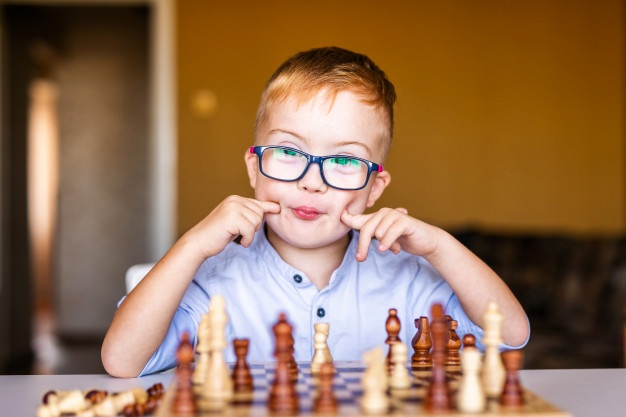Processing Request...
Processing Request...

Education is the process of facilitating learning, or the acquisition of knowledge, skills, values, beliefs, and habits. Educational methods include teaching, training, storytelling, discussion and directed research. Education frequently takes place under the guidance of educators, however learners can also educate themselves. Education can take place in formal or informal settings and any experience that has a formative effect on the way one thinks, feels, or acts may be considered educational. Formal education is commonly divided formally into such stages as preschool or kindergarten, primary school, secondary school and then college, university, or apprenticeship.
View Courses
The programme offers a comprehensive focus on contemporary debates within special and inclusive education including local, national and international policies and approaches. It focus on the specific needs of children with learning difficulties and disabilities, communication impairments, literacy difficulties/dyslexia, autism and ADHD to illustrate the challenges encountered in professional practice.
View Courses

Early childhood education is a diverse field that involves the care and education of children from birth up until the age of about 8 years. If you are interested in child development particularly how a child’s formative period is developed emotionally, physically and intellectually, you might find a rewarding career opportunities in early childhood education.
View Courses

Teaching English to Speakers of Other Languages (TESOL) is a common term used for teaching English courses including Teaching English as a Second Language (TESL). And in some countries, it is known as Teaching English as a Foreign Language (TEFL). It is a common course for those who want to be an English teacher.
View Courses

Education is the process of facilitating learning, or the acquisition of knowledge, skills, values, beliefs, and habits. Educational methods include teaching, training, storytelling, discussion and directed research. Education frequently takes place under the guidance of educators, however learners can also educate themselves. Education can take place in formal or informal settings and any experience that has a formative effect on the way one thinks, feels, or acts may be considered educational. Formal education is commonly divided formally into such stages as preschool or kindergarten, primary school, secondary school and then college, university, or apprenticeship.
View Courses


Take our free psychometry test to discover your passion and potential!
Try It Now!

Book a campus tour through us!
Book Now!

Submit your result to Edumetry, and a list of scholarship that is eligible for your result will be filtered out for you!
Match Now!